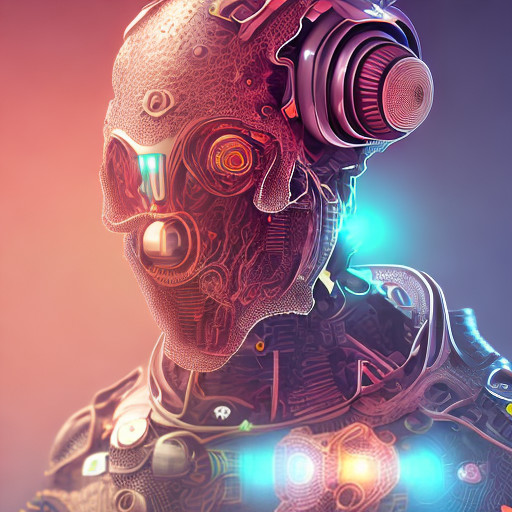ChatGPT, a highly sophisticated artificial intelligence model developed by OpenAI, has garnered significant attention for its capabilities in understanding and responding to human dialogue. While not directly owned by Microsoft, the tech giant has formed a significant collaboration with the AI research and deployment company.
In 2019, Microsoft served as a key strategic investor for OpenAI, providing a substantial $1 billion in funding. In exchange, Microsoft obtained an exclusive license to the AI firm’s technology.
This partnership continues to strengthen, with Microsoft recently announcing a further investment of $10 billion. As a result, Microsoft enjoys a strong connection with ChatGPT, but the AI model remains under the ownership and development of OpenAI.

List of All the Investors of ChatGPT and OpenAI
Based on publicly available information, here are some of the known investors of OpenAI and all the sister concerns or products like ChatGPT and GPT4:
ChatGPT:
– Andrew Ng’s AI Fund
– Founders Fund
– GSR Ventures
– Learn Capital
– Pear VC
– Social Capital
– Y Combinator
OpenAI:
– Amazon Web Services (AWS)
– Benchmark
– Reid Hoffman
– Khosla Ventures
– LinkedIn Co-founder, Reid Hoffman
– Microsoft
– Peter Thiel’s Founders Fund
– Sam Altman
– Sergey Brin
– Y Combinator
Please note that this list may not be exhaustive and may not include recent changes to the investor list. The current CEO of OpenAI is Sam Altman.
How Microsoft will Use OpenAI and ChatGPT or GPT4 in Their Business?
Microsoft is set to make some significant strides in its business by leveraging the power of OpenAI and ChatGPT (or GPT-4). OpenAI, the cutting-edge artificial intelligence research company, has been collaborating with Microsoft on several projects that involve the use of natural language processing (NLP) technology. With the development of ChatGPT (or GPT-4), which is a highly advanced NLP model, Microsoft will be able to offer users more personalized and intuitive experiences across multiple applications and services.

One way Microsoft could utilize ChatGPT (or GPT-4) is by integrating it with its current lineup of products, such as Microsoft Office and Microsoft Teams. This would enable users to have more natural and human-like interactions with these applications, increasing productivity and efficiency.
Additionally, with ChatGPT (or GPT-4), Microsoft could extend its offerings to include virtual assistants and chatbots that use machine learning algorithms to learn from user interactions and provide intelligent responses. These assistants could be utilized in a range of industries, from healthcare to finance, and would streamline customer interactions and improve user experience.
Overall, Microsoft’s partnership with OpenAI and their use of ChatGPT (or GPT-4) has the potential to revolutionize the way we interact with technology, bringing us one step closer to a world where we can seamlessly communicate with the digital world.
References:
